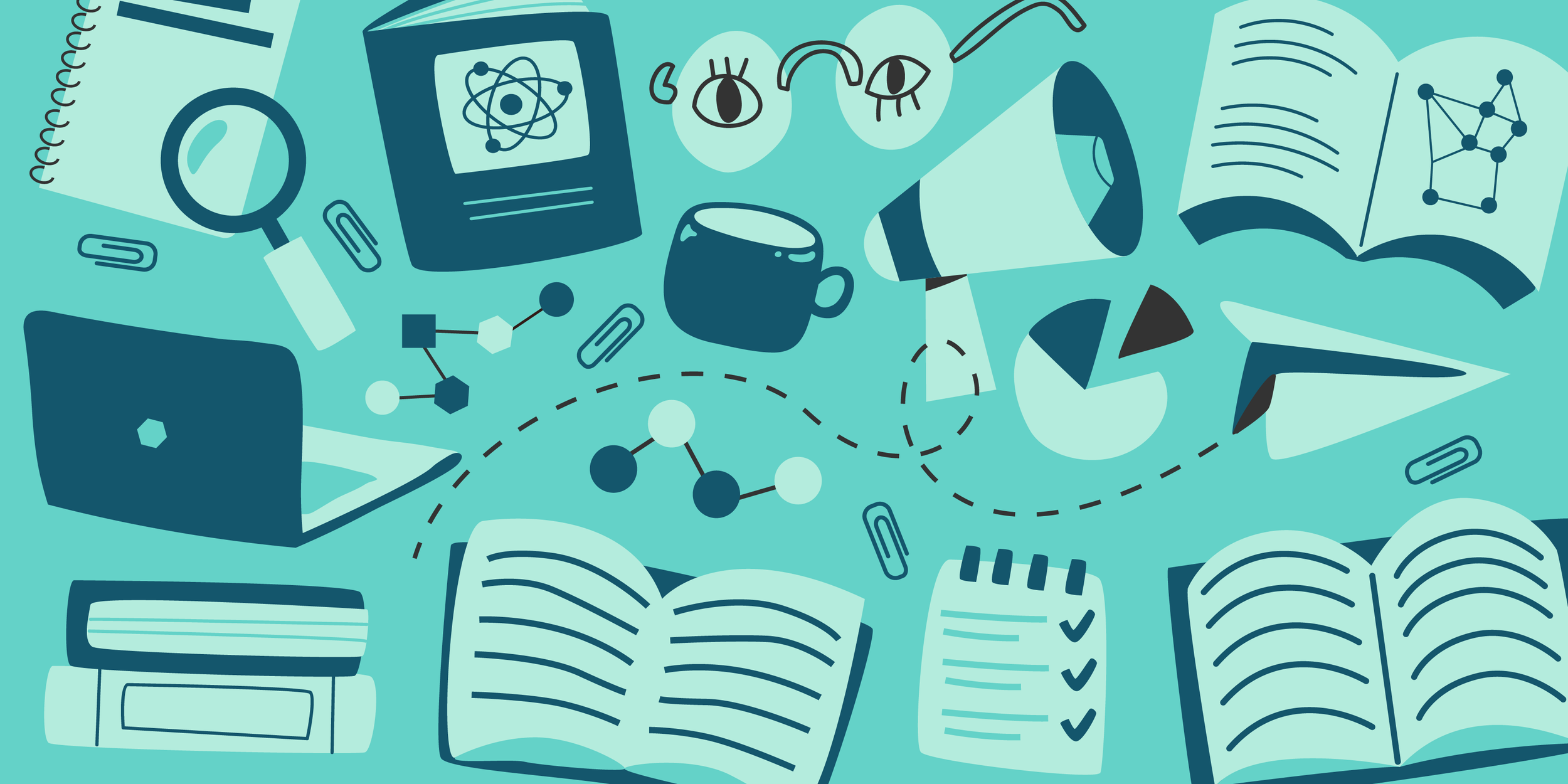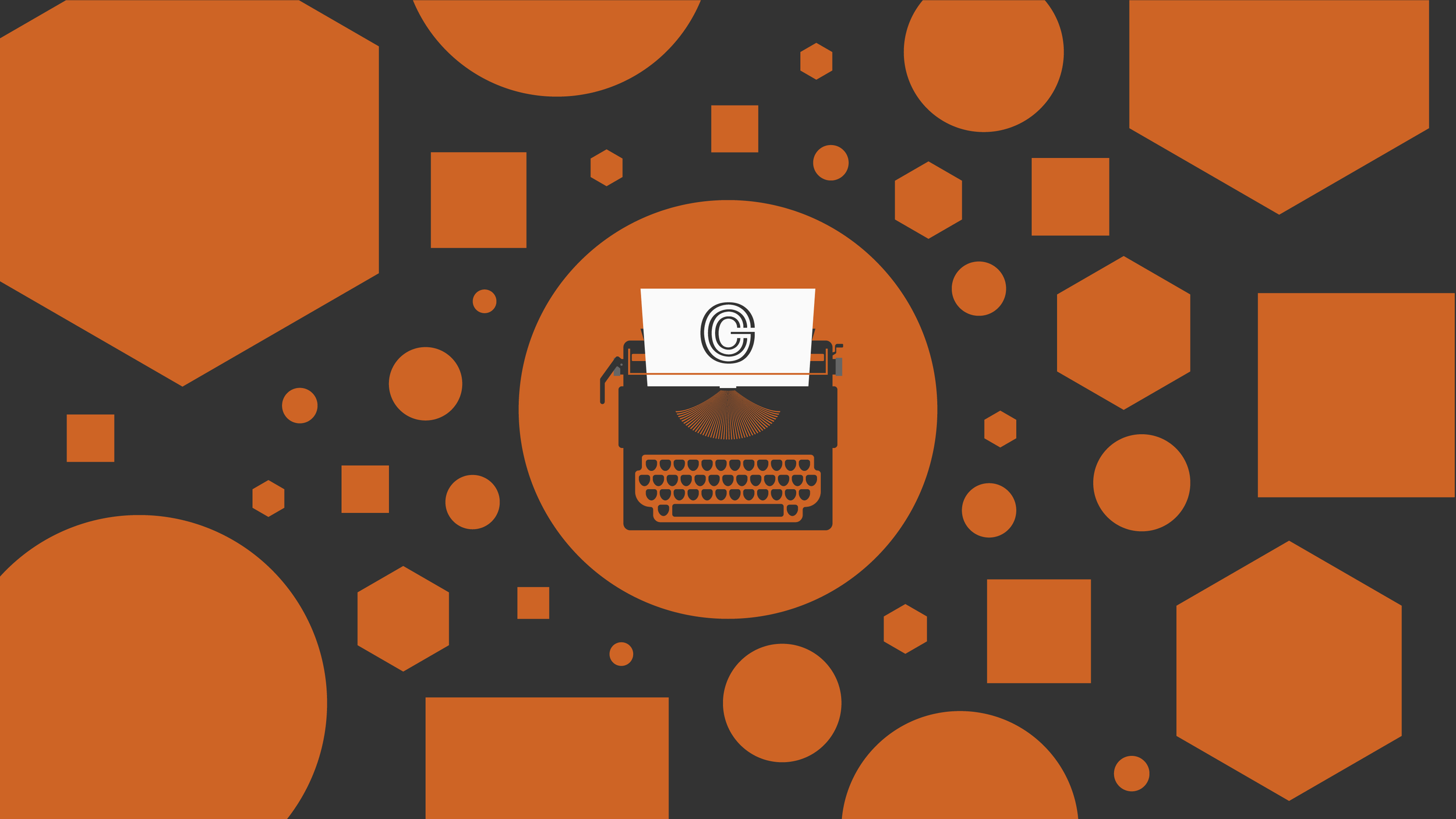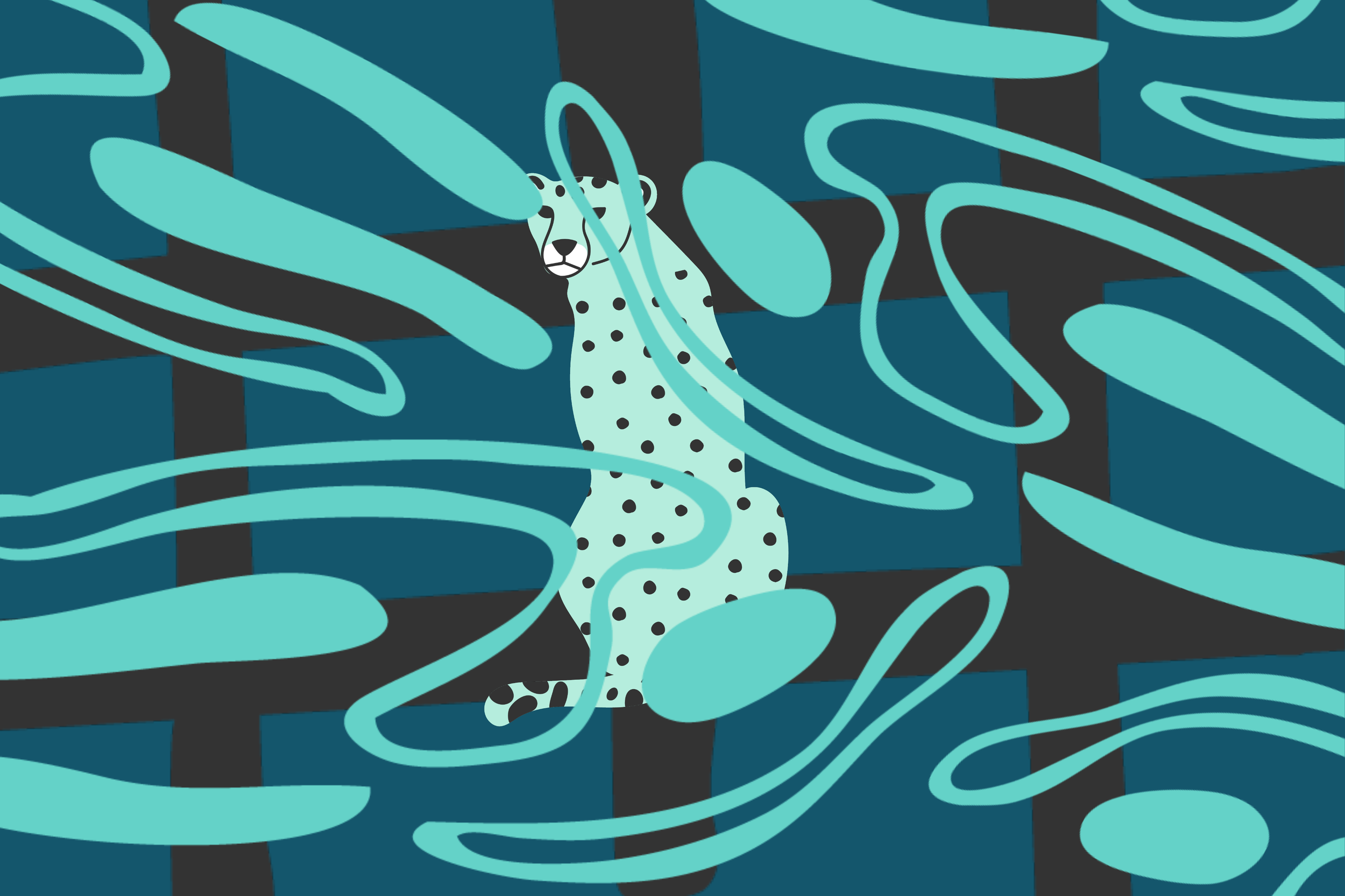Dive into a collection of articles that amplify neurodivergent voices, support a more thorough understanding of neurodiversity, and challenge common misconceptions.
Month
- February 2026
- January 2026
- December 2025
- November 2025
- October 2025
- September 2025
- August 2025
- July 2025
- June 2025
- May 2025
- April 2025
- March 2025
- February 2025
- January 2025
- December 2024
- November 2024
- October 2024
- September 2024
- August 2024
- July 2024
- June 2024
- May 2024
- April 2024
- March 2024
- February 2024
- January 2024
- December 2023
- November 2023
- October 2023
- September 2023
- August 2023
- July 2023
- June 2023
- May 2023
- April 2023
- March 2023
- February 2023
- January 2023
- December 2022
Author
- Abs S. Ashley
- Adam Fare
- Aimee Fletcher
- Aisling Sheehy
- Andreia Costa
- Ann Memmott
- Antonia Aluko
- Bethan Warner
- Beverley Samways
- Brendan Maguire
- Callum Stephen Howes
- Cassandra Lovelock
- Charli Clement
- Chloe Webster-Harris
- Claire
- Cos Michael
- Darren O'Reilly
- Dr Catherine Crompton
- Dr Virginia Carter Leno
- El Dewar
- Elise Guthrie Stirling
- Emily Wooden
- Emily Lees
- Emily Katy
- Emma
- Emma Nielson
- Grace Lee
- Harriet Axbey
- Hat Porter
- Helen Edgar
- Iqra Babar
- Jill Corbyn
- Kai Schweizer
- Katrine Callander
- Kay Louise Aldred
- Krysia Waldock
- Kyra Thompson
- Lizzie Smith
- Lou Chandler
- Lucy Gilbert
- Meena Kumari
- Molly Anderton
- Molly Siobhan Parker
- Nick Ransom
- Reesha Zahir
- Remie Colledge
- Rhiannon Williams
- Rod Landman
- Rose Matthews
- Sarah Douglas
- Sarah Boon
- Sascha Bellamy
- Sophie Broadgate
- Stop Oxevision
- Tania Robinson
- Thomas Barnett
- Tina
- Trauma Geek
- Victoria Denham
- Warda Farah
- Zoë Austin

Navigating my relationship with my sister as an Autistic person
A Guest Contributor shares a poignant reflection on their sibling relationship, as a late-diagnosed Autistic person, and explores how patience, love and a shared history combine to support their commitment to understanding each other.

Autism Research—What’s New in November 2024
In this month’s research roundup, Ann Memmott PgC MA picks out some of the current big debates on Autistic lives, and showcases new and important research from teams and academics working within the field.

‘Meet us halfway’—better communication between mental health inpatient staff and Autistic service-users
In this blog, Emma shares suggestions, derived from their own lived experience of mental health inpatient services, for how staff can develop better relationships and improve their communication with Autistic services users.

From Powerlessness to Empowerment — Part 3/3: The Found Adult and the Recovering Child
This is the third and final installment of a trio of blogs from Sarah Douglas. These articles form an intimate and thoughtful autobiographical account that traces what Sarah calls ‘a Neurodivergent meandering of trauma and hope’.

From Powerlessness to Empowerment — Part 2/3: The Inherently Vulnerable Autist Trope
This is the second installment of a trio of blogs from Sarah Douglas. These articles form an intimate and thoughtful autobiographical account that traces what Sarah calls ‘a Neurodivergent meandering of trauma and hope’.

From Powerlessness to Empowerment — Part 1/3: The Lost Child
This is the first installment of a trio of blogs from Sarah Douglas, an intimate and thoughtful autobiographical account that traces what Sarah calls ‘a Neurodivergent meandering of trauma and hope’.

“My name is Tina”: a first hand account
My name is Tina and I am a British Indian woman. I was born and brought up in Punjab, India. During my primary education, I struggled with some reading and writing, however I absolutely loved maths. I was told by my teacher that I would need to work hard on my spelling, reading and writing. I was a very bright student and achieved really good results during my school, college and at university. My mental health wasn't great due to overthinking, stress and depression. I struggled with my weight, my internalised racism about my dark skin and worries about being different. I was not a typical Indian girl.

Coercion, grooming and online harms
Coercion and grooming have run like letters through a stick of rock in all the project work I have done for ARC England over the last 15 years. Most recently in supporting women with learning disabilities and autistic women who have experienced domestic abuse and sexual violence, and in the work I am currently involved in on online harms; but the origins go right back to the ARC Safety Net project which identified what we now call ‘mate crime’.

Disability Hate Crime Week: Mate Crime and Neurodiversity
The 14th to the 21st of October is National Hate Crime Awareness Week. Hate crime awareness week includes awareness of disability hate crime, which differs from other forms of hate crime. The definition of disability hate crime is “any criminal offense which is perceived, by the victim or any other person, to be motivated by a hostility or prejudice based on a person’s disability or perceived disability” (College of Policing, 2014).

Autism Research - What’s New in July 2023
This research roundup picks out some of the current big debates on autistic lives, and showcases some of the research from teams making an impact on improving the quality of life for autistic individuals.
- ABA
- abuse
- accessible
- ADHD
- adults
- advocacy
- affirming
- aging
- assessment
- autism
- autistic parents
- black autistic
- building design
- burnout
- childhood
- children
- co production
- coercive control
- communication
- community
- culture
- depression
- Designing Homes for Sensory Differences Summit 2024
- diagnosis
- disability
- dyslexia
- eating disorders
- education
- empathy
- employment
- environment
- ethics
- executive functioning
- family
- friendships
- GCC Summit 2023
- gender
- grooming
- guidance
- health
- healthcare
- holiday
- housing
- human rights
- identity
- inclusion
- inpatient
- intersectionality
- joy
- language
- late diagnosed
- learning disability
- LGBTQIA+
- lived experience
- masking
- medicalisation
- meltdown
- mental health
- monotropism
- mothers
- nervous system
- newly diagnosed
- NHS
- OCD
- online
- pain
- parents
- PBS
- peer support
- play
- psychiatric care
- quality of life
- race
- racism
- reasonable adjustments
- relationships
- research
- resources
- routine
- school
- self diagnosis
- self regulation
- sensory environment
- sensory overwhelm
- sensory processing
- services
- sexism
- special interests
- spirituality
- stimming
- stress
- suicide
- support
- therapy
- training
- trauma
- trauma-informed
- women
- workplace
- young people
Got something to say?
We commission blogs from neurodivergent writers. We are particularly keen to hear from people of colour, older people, and non-speaking members of our community. Help us in our mission to amplify the views and voices that are most often left unseen and unheard.


